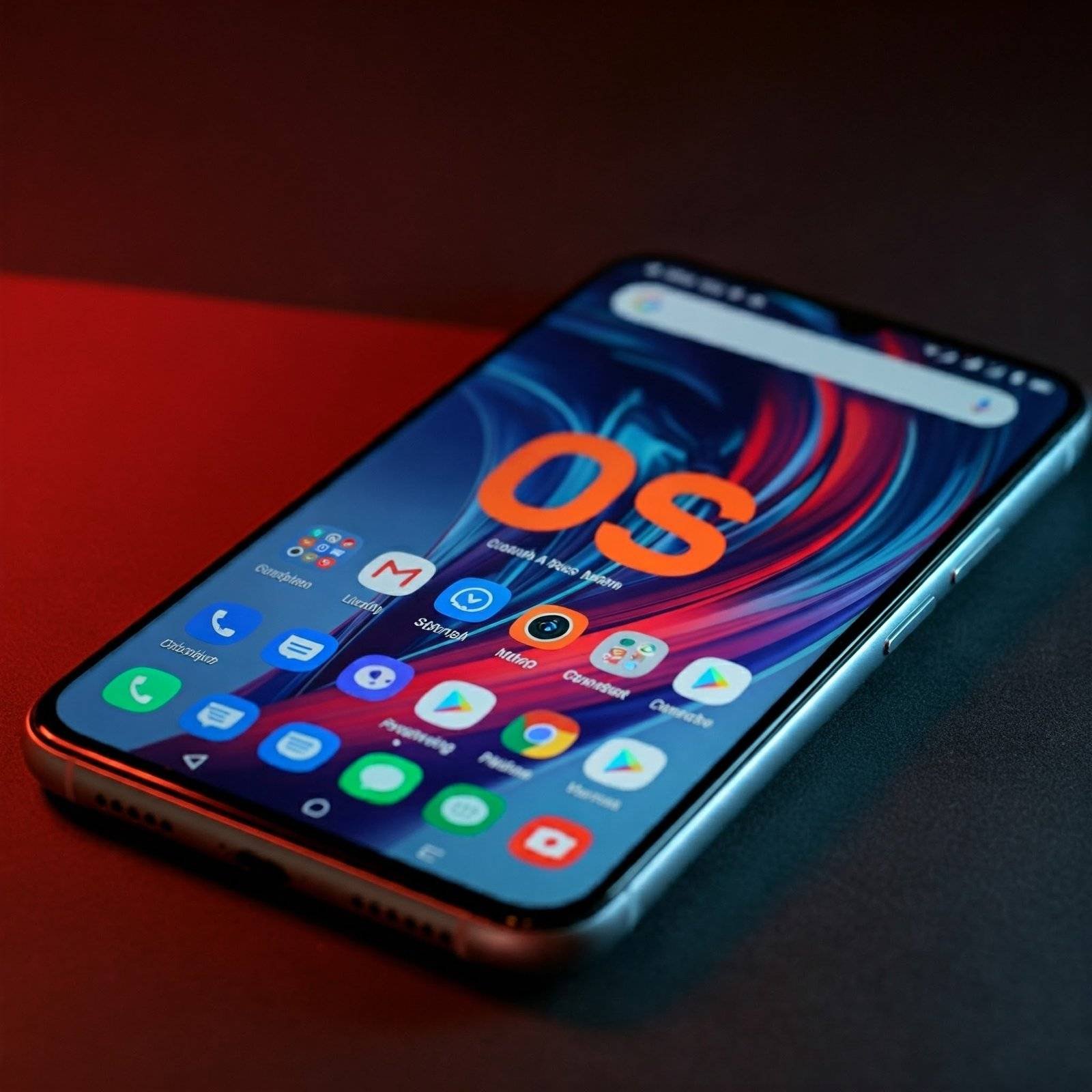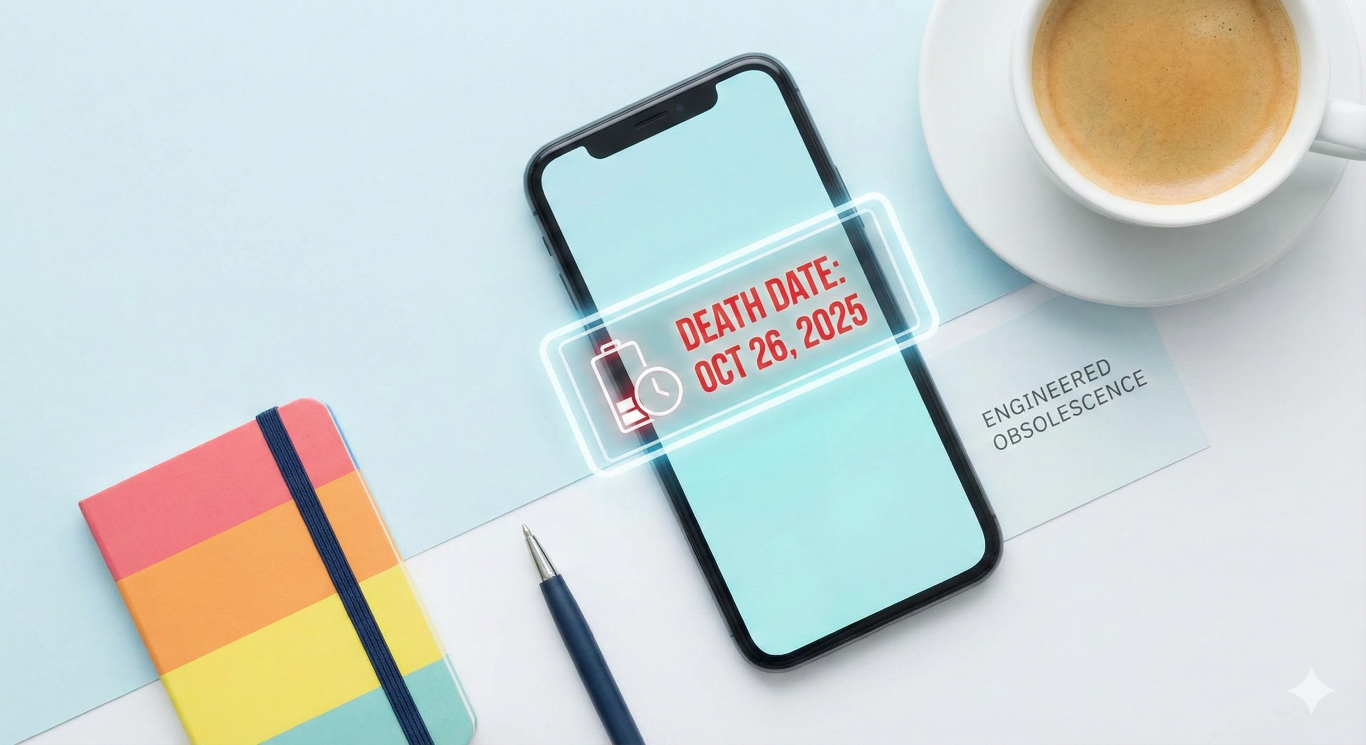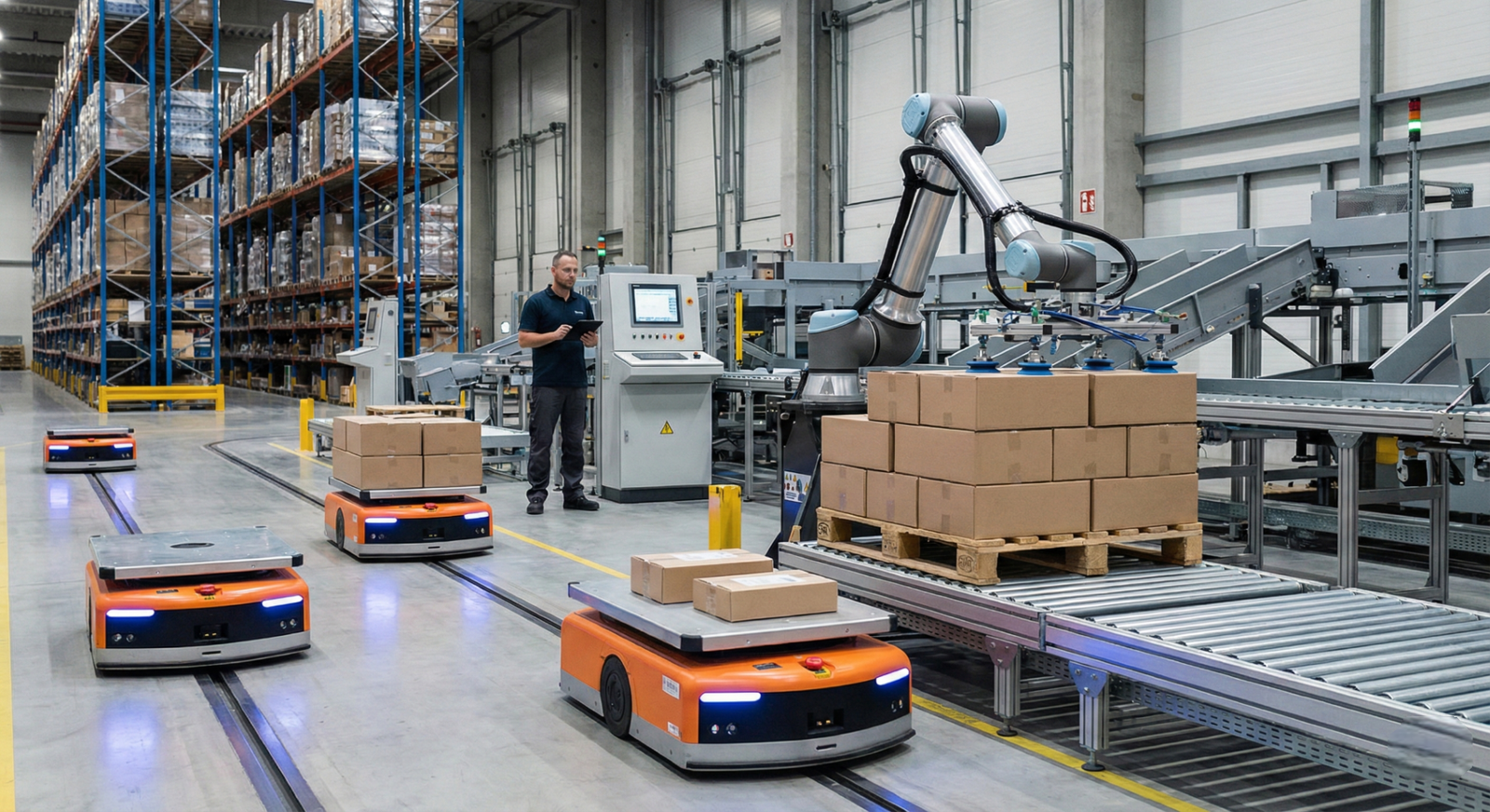Smartphones have become an essential part of our daily lives, and the operating systems (OS) that power them play a crucial role in shaping our experiences. From the versatile Android to the seamless iOS, each OS offers unique features and capabilities. This article explores the major smartphone operating systems of today, including emerging ones, and delves into their strengths, privacy measures, and future trends.
Key Takeaways
- Android is known for its customization options, diverse app ecosystem, and wide range of devices.
- iOS offers a sleek design, seamless integration with other Apple products, and strong security features.
- Emerging operating systems like Fuchsia and HarmonyOS are aiming to provide unified experiences across various devices.
- User privacy is a significant concern, with different OS offering various features to protect data and enhance user control.
- Future smartphone operating systems will likely focus on artificial intelligence, 5G connectivity, and sustainability initiatives.
Exploring Android’s Versatility
Customization Options
Android is known for its customization options. Users can personalize their home screens with widgets and apps, making their devices truly unique. This flexibility allows for a tailored user experience that fits individual needs and preferences.
App Ecosystem
The Google Play Store offers a vast ecosystem of apps. From productivity tools to games, users have access to millions of apps, many of which are free. This extensive selection ensures that there is something for everyone, enhancing the overall user experience.
Device Variety
Android powers a wide range of devices, from budget-friendly phones to high-end smartphones, accounting for approximately 72% of the global smartphone market share. This variety means that users can choose a device that fits their budget and needs. Whether it’s a basic phone or a feature-rich smartphone, Android provides options for all.
The Apple Experience
User Interface Design
Apple’s iOS, which holds approximately 27% of the global market share, is celebrated for its simplicity and ease of use. The user interface is clean, intuitive, and designed to be user-friendly. This makes it accessible for people of all ages. The consistent design language across apps ensures a seamless experience.
Integration with Other Apple Devices
One of the standout features of iOS is its integration with other Apple devices. Whether it’s an iPhone, iPad, Mac, or Apple Watch, the ecosystem works together effortlessly. Features like Handoff, AirDrop, and Continuity allow users to switch between devices without missing a beat.
Security Features
Apple places a strong emphasis on security. iOS includes robust security features like Face ID, Touch ID, and end-to-end encryption for iMessages and FaceTime. Regular updates ensure that security vulnerabilities are quickly addressed, keeping user data safe.
Emerging Operating Systems

Overview of Fuchsia
Fuchsia is an open-source operating system developed by Google. Unlike Android, which is based on the Linux kernel, Fuchsia uses a new microkernel called Zircon. Though not yet widely available, Google has already started using Fuchsia on some of its smart home devices like the Nest Hub, showing its potential for the future. This suggests that Google sees potential in Fuchsia as a platform for future devices, possibly even replacing Android and Chrome OS one day.
The Rise of HarmonyOS
HarmonyOS, created by Huawei, is designed to offer a seamless experience across various devices, including smartphones, tablets, and smart TVs. Its distributed architecture allows for smooth cross-device collaboration, making it easier for users to switch between devices without losing their place. Currently, HarmonyOS accounts for approximately 4% of the global smartphone market share as of the first quarter of 2024, with significant growth in China, where it holds a 17% market share, surpassing iOS.
KaiOS for Feature Phones
KaiOS is a lightweight operating system designed for feature phones, providing smartphone-like capabilities to devices with limited hardware. It is built on the Linux kernel and supports popular apps, enabling users to access the internet, social media, and various services. With its user-friendly interface and support for 4G LTE, KaiOS aims to bridge the digital divide by making technology accessible to a broader audience. Currently, over 150 million feature phones and devices worldwide are powered by this operating system.
Linux-Based Alternatives
Several Linux-based operating systems are emerging as alternatives to the more common smartphone operating systems. These include Ubuntu Touch, Sailfish OS, and postmarketOS. These systems offer a high level of customization and are often favored by tech enthusiasts who prefer open-source solutions. They provide a viable option for those looking to break away from the mainstream choices.
The Role of User Privacy

Data Collection Practices
In today’s digital world, smartphones collect a lot of data. This includes your location, browsing history, and even your voice commands. Understanding what data is collected and how it’s used is crucial. Companies often use this data to improve services, but it can also be sold to advertisers.
Privacy Features in Different OS
Different operating systems offer various privacy features. For example, iOS has strong app permission settings, while Android allows for more customization. Both systems are working to give users more control over their data. It’s important to explore these features to protect your information.
User Control Over Data
Users can take steps to manage their data. This includes using privacy-focused tools, managing app permissions, and being cautious about data sharing. Practical steps include using privacy-focused tools and managing app permissions. Staying informed and proactive can help safeguard your data.
In a world where data breaches and surveillance are common, being proactive about your digital privacy is more important than ever.
Future Trends in Smartphone OS Development
Artificial Intelligence Integration
One of the most exciting developments in smartphone operating systems is the integration of artificial intelligence (AI). With AI, smartphones can better understand user behavior, anticipate needs, and provide more personalized experiences. This leads to more efficient and intuitive interactions between users and their devices.
5G and Connectivity Enhancements
The advent of 5G technology is revolutionizing smartphone operating systems. 5G’s faster speeds, lower latency, and greater bandwidth necessitate adaptations in operating systems to deliver improved performance and seamless 5G integration. Smartphone operating systems have already undergone significant changes to support 5G capabilities, and this trend will continue as 5G networks further expand and evolve.
Sustainability Initiatives
As environmental concerns grow, sustainability initiatives are becoming a key focus in smartphone OS development. Companies are looking for ways to make their devices more eco-friendly, from using recycled materials to improving energy efficiency. These efforts not only help the planet but also appeal to environmentally conscious consumers.
Choosing the Right Operating System
Choosing a mobile operating system involves key factors to ensure it meets your needs, including performance, user interface, app availability, security features, and compatibility with other devices. Key Considerations involve evaluating these aspects thoroughly to make an informed decision that aligns with your personal or professional requirements.
Budget
Your budget significantly influences your options, shaping the devices you can consider and the features you can enjoy. iOS is exclusive to pricier Apple devices, which are known for their premium build quality and seamless integration with other Apple products, while Android offers a broader price range, including budget-friendly choices that cater to various user needs and preferences. High-end Androids can match iPhone prices, often providing comparable performance and features, but many mid-range options exist that deliver excellent value without breaking the bank, making it easier for consumers to find a device that fits their lifestyle and budget.
Ecosystem
If you use Apple or Google products, staying within that ecosystem significantly enhances the overall integration and user experience. iOS devices sync exceptionally well with Apple products, providing seamless connectivity and functionality, while Android devices align perfectly with Google services, ensuring that users can access their applications and data effortlessly across multiple platforms.
App Availability
The majority of the most popular applications are available on both major platforms, yet there are certain applications that may be exclusive to one platform or the other. It is crucial to verify that all of your essential applications are indeed available on your chosen operating system to ensure a seamless user experience. Ultimately, the best operating system varies by individual needs and preferences. Testing both in-store can help you decide.
Conclusion
In conclusion, understanding the major smartphone operating systems—Android, iOS, HarmonyOS, and KaiOS—helps us appreciate the diversity and capabilities of modern mobile technology. Each system has its unique strengths and caters to different user needs. Android’s flexibility and vast app ecosystem make it a favorite for customization enthusiasts. iOS is celebrated for its seamless user experience and strong security features. HarmonyOS aims to create a unified experience across various devices, while KaiOS provides essential smartphone functionalities at an affordable price. By knowing the differences and benefits of these operating systems, users can make informed decisions about which platform best suits their lifestyle and preferences.
Frequently Asked Questions
What is the most popular smartphone operating system?
The most popular smartphone operating system is Android, developed by Google. It holds a significant share of the global market due to its open-source nature and extensive app ecosystem.
How does iOS differ from Android?
iOS, developed by Apple, is known for its sleek design, ease of use, and strong security features. Unlike Android, which is open-source, iOS is a closed system and only runs on Apple devices.
What are some emerging smartphone operating systems?
Some emerging smartphone operating systems include Fuchsia by Google, HarmonyOS by Huawei, and various Linux-based alternatives. These systems are gaining attention for their unique features and potential to compete with established players like Android and iOS.
How do smartphone operating systems handle user privacy?
Different operating systems have various approaches to user privacy. iOS is known for its strong privacy features, while Android offers customizable privacy settings. Emerging systems like HarmonyOS also emphasize user privacy and data security.
What role does artificial intelligence play in smartphone operating systems?
Artificial intelligence (AI) is increasingly integrated into smartphone operating systems to enhance user experience. AI can help with tasks like voice recognition, personalized recommendations, and improving battery life through smart management.
How is 5G technology influencing smartphone operating systems?
5G technology is significantly impacting smartphone operating systems by enabling faster internet speeds and better connectivity. This allows for more advanced applications, improved streaming quality, and enhanced real-time communication features.





